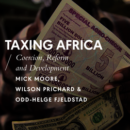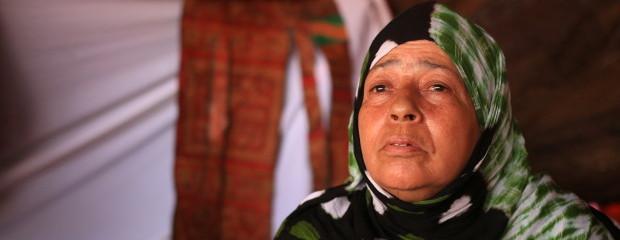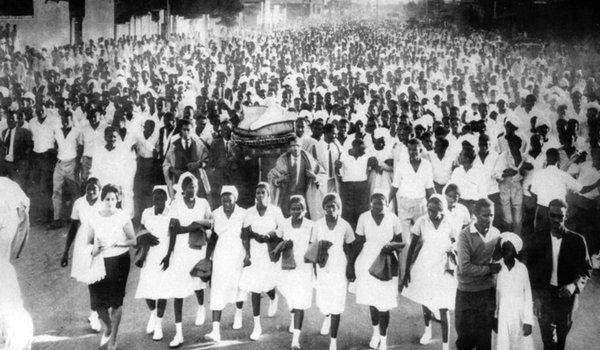Memo to the SRF: try not to kill any more Ethiopian peacekeepers
If you fight for or sympathise with the SPLM-North and the Sudan Revolutionary Front (SRF), you might argue almost any place in South Kordofan is a legitimate military target, Kadugli included. You might say the SPLM-N’s shelling of the United Nations Interim Security Force for Abyei (UNISFA) logistics base and Joint Border Verification and Monitoring Mission (JBVMM) headquarters, which resulted in the death of a female Ethiopian peacekeeper and the injury of two others, was regrettable, but part of war.
You might feel international condemnation (i.e. the US State Department remarks) that singles out the SPLM-N is unfair, particularly given the recent Misseriya attack in Abyei which killed Dinka Ngok paramount chief Kuol Deng Kuol and an UNISFA soldier. Or that the Government of Sudan should be the one condemned for conducting military activities in civilian, residential areas, bringing ordinary people into harm’s way.
In a war where moral legitimacy against a criminal regime is one of your strategic assets, such incidents are extremely damaging to your international reputation. You could rightly point out the Sudanese government suffered few consequences when it inexcusably delayed a medevac flight that might have saved the lives of three UNISFA soldiers in August 2011, but memories are short. You are the one being criticized today.
Here are three consequences of your attack on UNISFA:
- Ethiopia, which provides the UNISFA troops and within the region is the most likely actor to push Khartoum towards negotiations, is now annoyed with you. You risk losing what goodwill you have in Addis Ababa, and may have pushed Ethiopia towards Khartoum’s position.
- Relative to the government of Sudan, you have moral authority. This arises from the fact your grievances (particularly in South Kordofan and Blue Nile) are largely justified, and you are the under-dog in an unjust war prosecuted by Khartoum. But you haven’t taken sufficient advantage of that position. Most of the international community understands Khartoum is an untrustworthy, unreliable government that cares little for its own laws, its own people or for international norms. Now some of your moral authority has been lost. Some of your international friends will be more inclined to treat you with the same caution.
- You’ve made the UN angry. While you may not care what Ban Ki-Moon thinks or says, you need the UN. The UN is the only viable mechanism to facilitate humanitarian access to the Two Areas. One day it will probably be called upon to monitor and oversee your peace agreement (again).
You don’t how long the war will continue, and neither does your adversary. And there’s no question terrible things happen in war and may happen again. (And in Sudan, one might add, even in peace.) But tread carefully, SRF. Your future may depend on it.
This article is publish anonymously (by request of the author).






